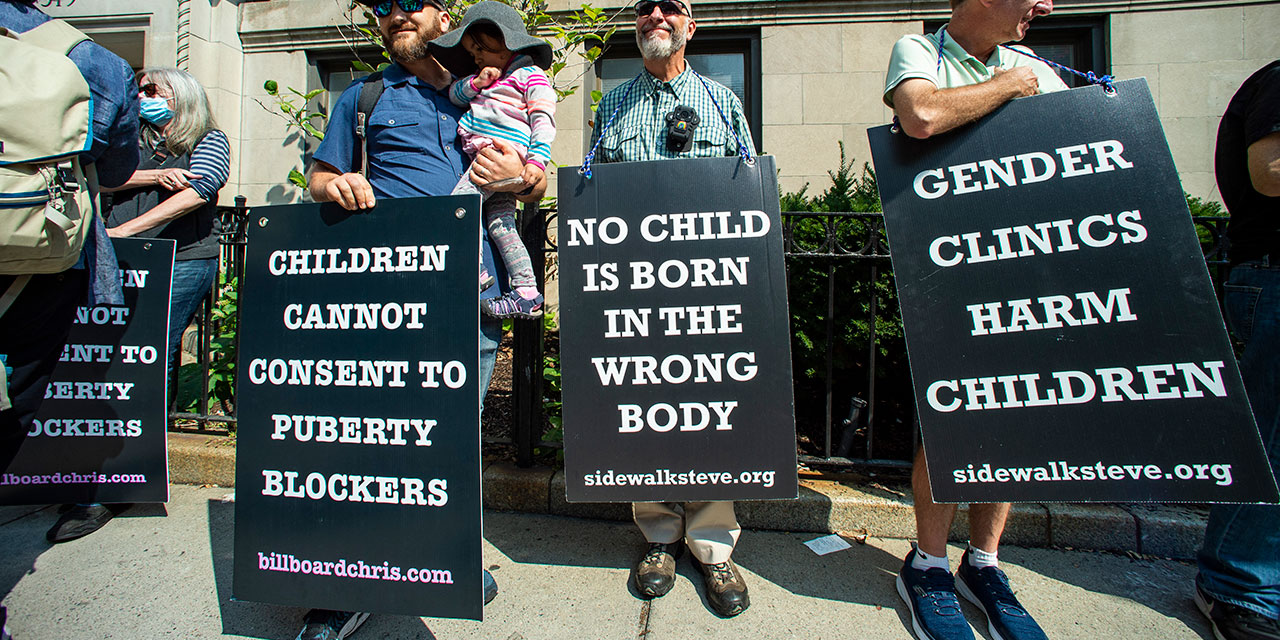Common sense is all too uncommon in America's courtrooms when cities' efforts to combat public disorder are at issue. The evidence: three decisions handed down within a three-week period in August. In California, Municipal Judge John Salazar struck down as unconstitutional a Santa Cruz ordinance against lying down on the sidewalk. On the other coast, Manhattan Criminal Court Judge Sheryl Parker ruled that three-card monte, the reigning street hustle, is a "game of skill" that cannot be regulated under the state's gambling laws. And New York State Supreme Court Justice William Davis held that the Constitution bars a Transit Authority rule against drinking alcohol on the subway.
Taken alone, each case may seem trivial; but the cumulative effect of scores of similar decisions is seriously damaging for cities. When city governments allow civil order to unravel, citizens are left feeling powerless and cynical.
One response has been an increasing public willingness to consider draconian measures against disorderly conduct. In California, a state assemblyman introduced a bill that would allow judges to sentence graffiti vandals to ten whacks with a hardwood paddle in open court. The bill came astonishingly close to passage, winning a majority on one committee in the State Assembly but failing on a tie vote in a second committee.
A more realistic response to urban disorder has been flight to the suburbs—often to subdivisions where homeowners' associations impose strict rules of community conduct. The same mindset that produces decisions like those of Judges Salazar, Parker, and Davis takes offense at such efforts to reestablish civil communities. For example, Evan McKenzie, a University of Illinois political scientist, writes that homeowners' associations have become "private governments that are unchecked by many civic laws." They are, he continues, "a regulatory Frankenstein's monster, seeking to eradicate any behavior that might conceivably pose a threat to property values." McKenzie calls for laws curtailing the ability of homeowners' associations to restrict individual behavior. "Constitutional protections are meaningless if they do not apply in your own home," he writes.
But of course one attraction of these developments is the opportunity they offer to escape the effects of notions of "constitutional protections" unchecked by common sense. Civil libertarians need periodically to be reminded that the assertion of phony liberties inevitably puts real ones at risk.



